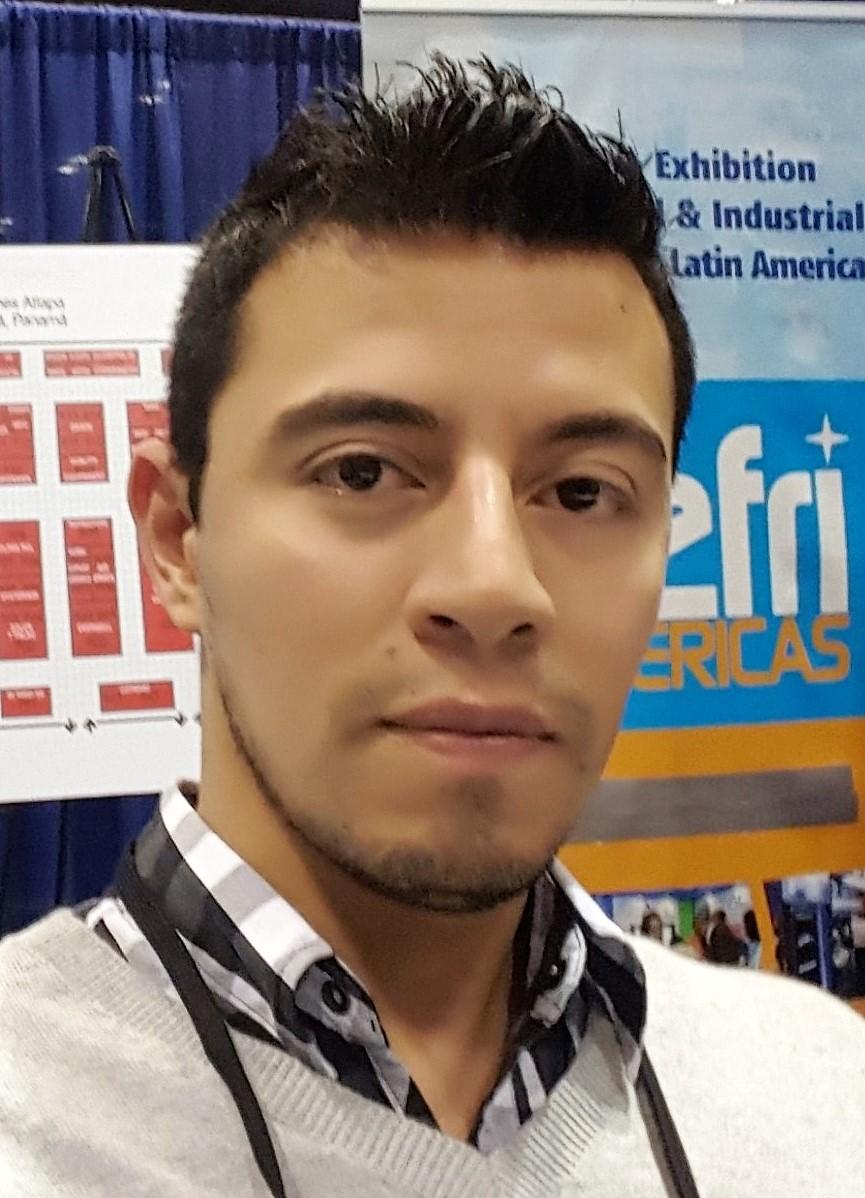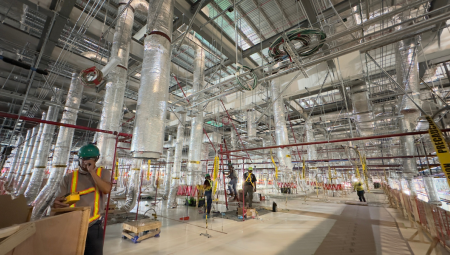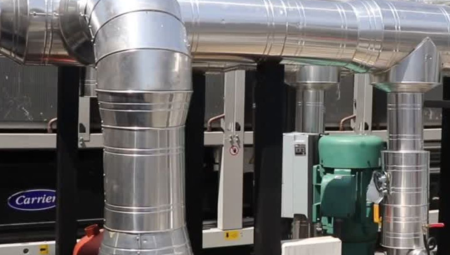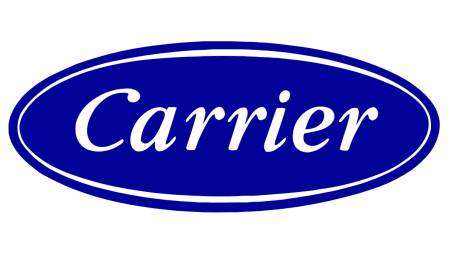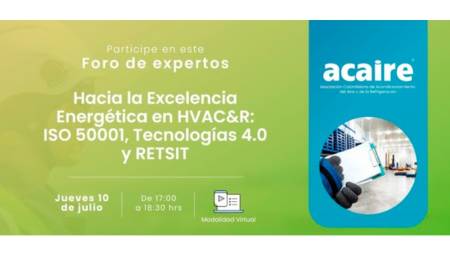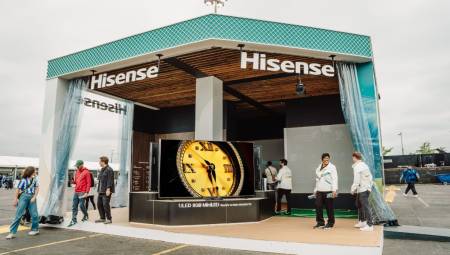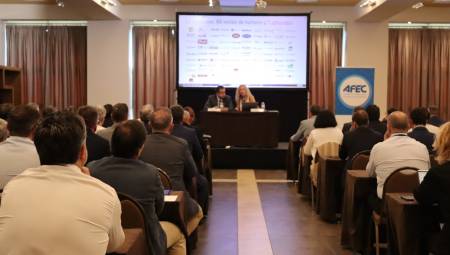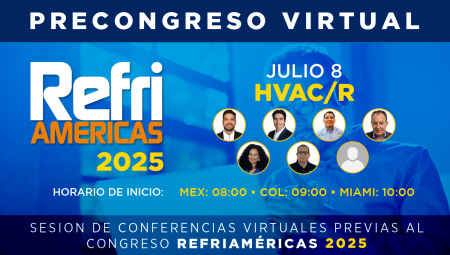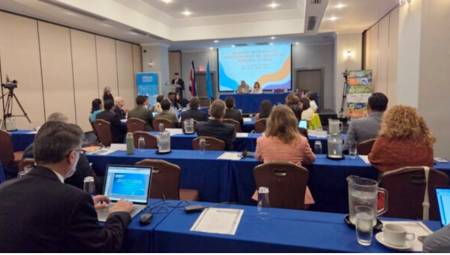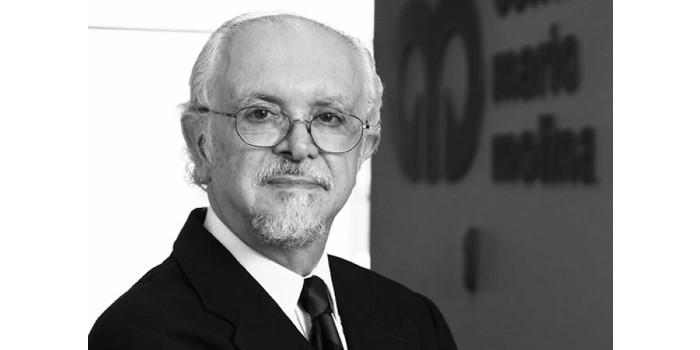 Mexico. Atmospheric chemist and MIT Institute professor emeritus Mario Molina, who discovered that chlorofluorocarbons (CFCs) had the potential to destroy the ozone layer in Earth's stratosphere, has died at the age of 77.
Mexico. Atmospheric chemist and MIT Institute professor emeritus Mario Molina, who discovered that chlorofluorocarbons (CFCs) had the potential to destroy the ozone layer in Earth's stratosphere, has died at the age of 77.
At MIT, Molina held joint positions in the Department of Earth, Atmospheric and Planetary Sciences (EAPS) and the Department of Chemistry from 1989 to 2004.
In the early 1970s, Molina demonstrated through computer models and laboratory work that compounds widely used in propellants and refrigerants could destroy ozone in the upper atmosphere, increasing ultraviolet radiation reaching Earth. His theories were later confirmed by observation and helped support the ratification of the Montreal Protocol, the world's first treaty to reduce CFC emissions.
In 1995, he shared the Nobel Prize in Chemistry with F. Sherwood Rowland of the University of California, Irvine, and Paul Crutzen, a scientist at the Max Planck Institute for Chemistry in Mainz, Germany, for discovering the depletion of the Earth's thinness, a protective ozone layer, which the Nobel committee referred to as the "Achilles' heel of the universe." Molina continued to advocate for environmental causes throughout his career.
In 1973, Molina began his CFC research as a postdoc at the University of California, Irvine, in the lab of F. Sherwood Rowland, who initially presented Molina with a list of research options. Molina quickly clung to one in particular: tracking the environmental fate of CFCs, the industrial chemicals that had been accumulating in the atmosphere and that at the time were thought to have no adverse effects on the environment.
After simulating the behavior and reaction kinetics of chemists, Molina discovered that there wasn't much that could break down CFCs in the lower atmosphere. However, he suspected that CFCs could be harmful at higher altitudes, and hypothesized that high-energy photons from the sun available within the stratosphere could break down chemicals, generating free chlorine ions that would then react destructively with ozone molecules. Rowland and Molina published their work in the journal Nature in 1974.
That year, Molina and Rowland publicly called for a ban on CFCs at the American Chemical Society meeting. Molina also began teaching atmospheric sciences, held positions at UC Irvine from 1975 to 1982, and conducted research at Caltech's Jet Propulsion Laboratory from 1982 to 1989. Initially disputed by industry, Molina's work began to gain traction, first when it was reviewed by the National Academy. of Sciences in 1976, and even more so when an Antarctic ozone hole was first reported in 1985.
In 1987, his work, in part, inspired atmospheric chemist Susan Solomon to lead a scientific expedition to Antarctica, the results of which showed that the ozone hole was caused by CFCs. The Montreal Protocol to Eliminate CFCs entered into force in 1989, the same year Molina joined the MIT faculty.
Molina received the 1995 Nobel Prize in Chemistry along with his colleagues for his work on CFCs and ozone depletion, the first time the Swedish Academy recognized the environmental degradation of man-made substances. Molina donated a substantial portion of his share of the prize money to MIT in 1996 to create a scholarship program for scientists from developing countries to conduct environmental research.
Molina continued his work in atmospheric chemistry while at MIT, studying the atmosphere-biosphere interface, hoping to better understand global climate change.
In 1994, U.S. President Bill Clinton appointed Molina to the president's 18-member Science and Technology Advisory Committee (PCAST). Later, he also served on President Barack Obama's Council of Science and Technology Advisors in 2011 and received the Presidential Medal of Freedom from President Obama in 2016.
MIT named him a professor at the Institute for his skills as a "natural educator" and excellence in research in 1997.
Molina often traveled to Mexico to work on environmental projects. While at MIT, he collaborated with legislators and researchers to reduce Mexico City's severe air pollution and improve air quality. In 2004, he founded the Mario Molina Center for Strategic Studies in Energy and the Environment in Mexico City, an organization dedicated to building bridges between "practical solutions between science and public policy on energy and the environment to promote sustainable development and vigorous economic growth." That same year, he left MIT to join the Scripps Institution of Oceanography and the Department of Chemistry and Biochemistry at the University of California, San Diego. In 2017, he was inducted into the California Hall of Fame.
Source: MIT.


